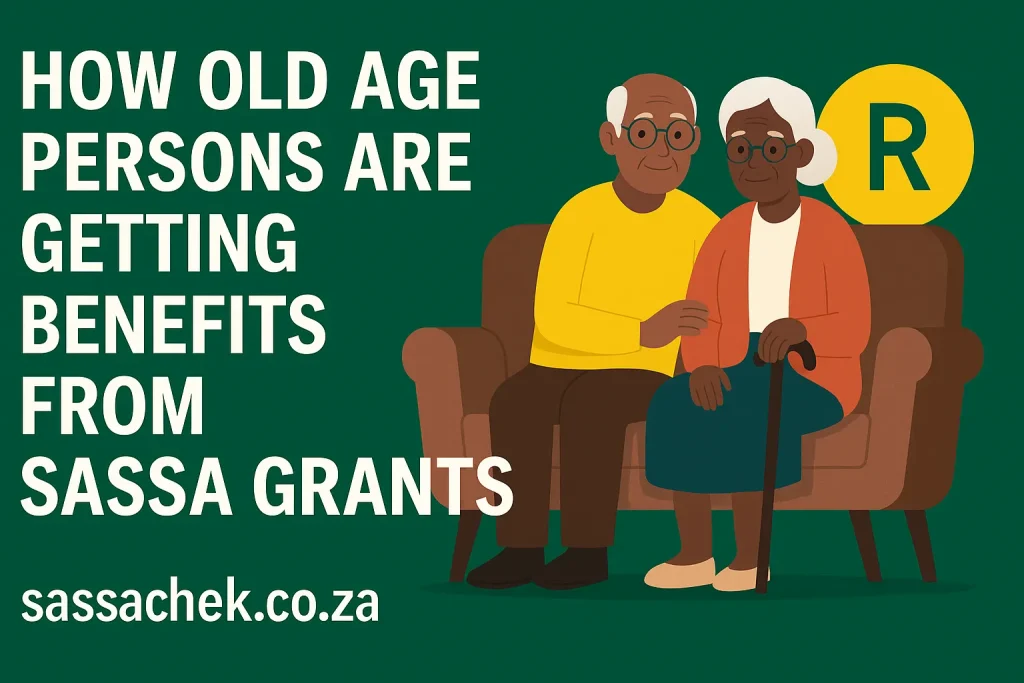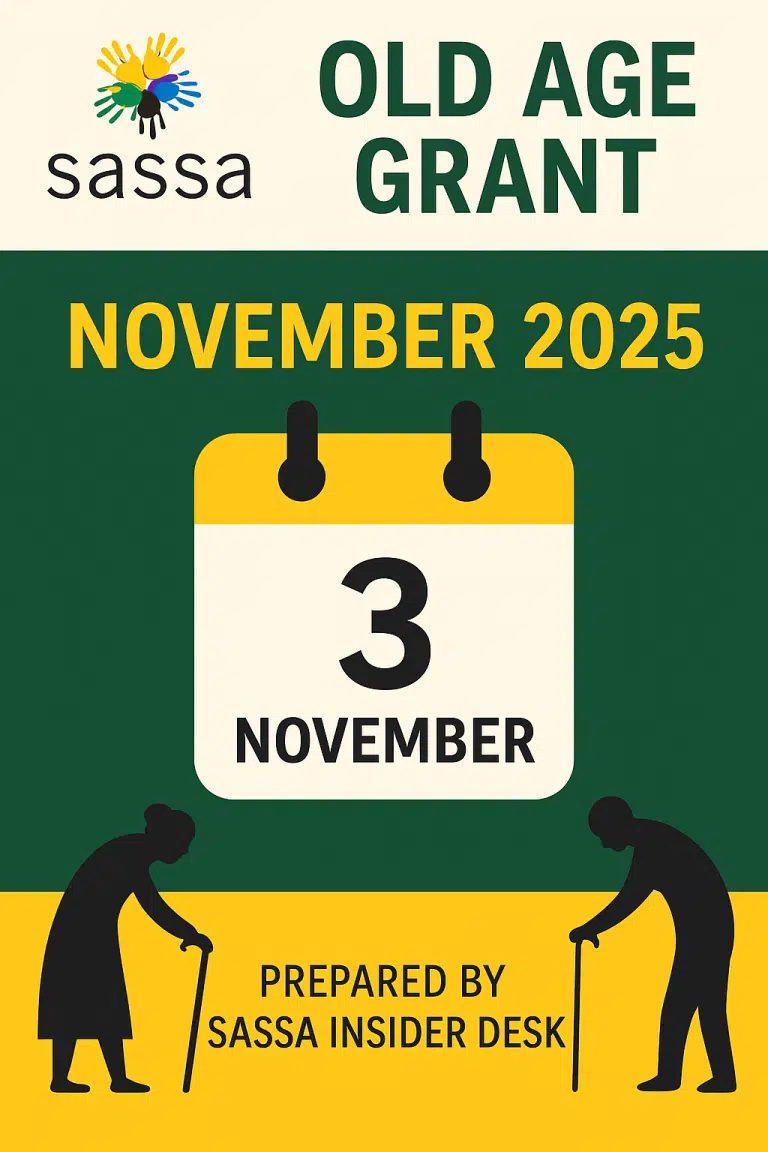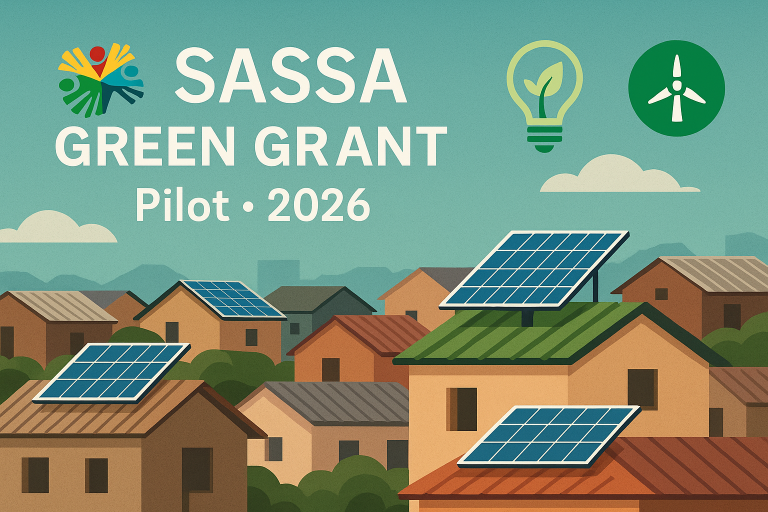How Older Persons Benefit from SASSA Grants in South Africa
Older South Africans make up one of the largest groups of SASSA grant beneficiaries. The Older Persons Grant, currently R2,180 per month for those under 75 and R2,200 for those over 75, is a lifeline for millions. But for many elderly citizens, collecting and managing their grants is a challenge. From long queues to safety risks, the system often feels stacked against them.

This article examines the daily struggles faced by elderly grant recipients and whether SASSA is doing enough to address them.
Long Queues and Physical Strain
Elderly beneficiaries frequently stand in queues for hours, often in extreme weather. For people with chronic illnesses, mobility difficulties, or frailty, this is not just inconvenient — it can be dangerous.
What’s being done?
- SASSA prioritises older persons for payment at the beginning of the month.
- Some branches have “priority lanes” for seniors, but these are not consistently enforced.
Transport and Accessibility Barriers
Many older people in rural areas must travel long distances to reach Post Offices or retailers that pay out grants. Transport costs cut into their already limited income. In villages without regular taxis, the journey can be exhausting or unsafe.
What’s being done?
Mobile pay points are meant to reach rural communities, but schedules are irregular, and communication about them is poor.
Safety Risks at Pay Points
Older persons are prime targets for thieves. Criminals often wait outside pay points to rob beneficiaries carrying cash. Some seniors now pay younger relatives to escort them, adding another hidden cost.
What’s being done?
SASSA works with SAPS and community policing forums to improve safety. However, police visibility is inconsistent, and many rural areas remain vulnerable.
Digital Divide
While younger beneficiaries are switching to online applications and bank deposits, many older people struggle with digital systems. Without smartphones or internet literacy, they depend on physical offices — meaning queues remain unavoidable.
What’s being done?
Some NGOs run digital literacy programs for seniors, but SASSA has yet to roll out large-scale training.
Medical and Physical Needs
Many elderly beneficiaries require assistance not only with grant collection but also with medical certification for disability-related grants. Travelling to clinics for these documents adds to the burden.
Are Current Measures Enough?
While SASSA has taken steps like early-month payments, priority queues, and mobile outreach, gaps remain:
- Poor enforcement of priority lanes.
- Inadequate communication about mobile pay points.
- Limited digital training for elderly users.
- Safety risks in high-crime areas.
Civil society groups argue that without dedicated elderly-friendly systems, seniors remain among the most disadvantaged beneficiaries.
FAQs
Can an elderly person send someone else to collect their grant?
Yes. They can appoint a procurator (representative) through SASSA, but this requires official registration and consent.
What options exist for elderly people who can’t travel?
They can switch to direct bank deposits, allowing them to access money closer to home via ATMs or retailers.
Does SASSA provide home visits for elderly beneficiaries?
Not generally. Only in special circumstances may home visits be arranged, usually with the help of community organisations.
How can elderly people avoid being robbed after collection?
Travel with trusted companions, avoid carrying all the cash at once, and use safe, busy collection points.
Final Verdict
Older persons deserve dignity when accessing the grants that sustain them. While SASSA has introduced measures to ease access, much more is needed from better communication and transport support to stronger protection against crime.
For many seniors, the grant is not just money it’s food, medicine, and survival. Ensuring safe, simple access is not optional; it’s a matter of justice.






